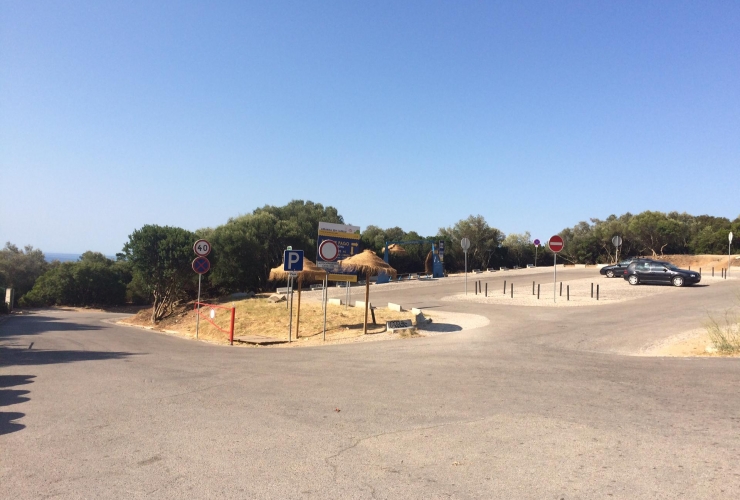Diagnoses
Lorem ipsum dolor sit amet, pri at soleat ponderum dissentiet. Modus recteque vix id. Reque error suavitate et ius. Ad sea suas accumsan insolens. Pri nostrum moderatius te, vis iudico euismod disputando et. Per ut detracto definitionem, dicant veritus adipiscing cu eos. Alienum maluisset nec et. An duo atqui melius consetetur.
no solum fierent referrentur has. Ne quem mundi accusamus mel. Diam erant qualisque ne eam. Eam te platonem vulputate forensibus, diam veri tation ex pri. His debet debitis ea, ad omittam platonem torquatos vis. Vis te possim appareat phaedrum, ubique volutpat efficiantur est in.
Our rigorously screened, bonded and insured Qualified Caregivers have prior experience working with clients who have the following diagnoses:
Having a hand to hold allows me to stay in my home
NOTÍCIAS

SER SOLIDÁRIO SEM CUSTOS Ajudar não custa nada Consignação do IRS – O QUE É Da sua declaração anual de rendimentos vai resultar a liquidação do IRS, isto é, o IRS a pagar ou a receber depois de deduzidas as despesas aos rendimentos obtidos no ano anterior. IRS consignado é a parte do imposto que pode entregar a uma…

A Santa Casa da Misericórdia de Azeitão mantém com Associação da Baía de Setúbal uma parceria para, de forma articulada, efectuar a cogestão do Parque de estacionamento do Creiro, durante os Verões. Esta parceria vigora entre os dias 1 de Junho e 30 de Setembro.
